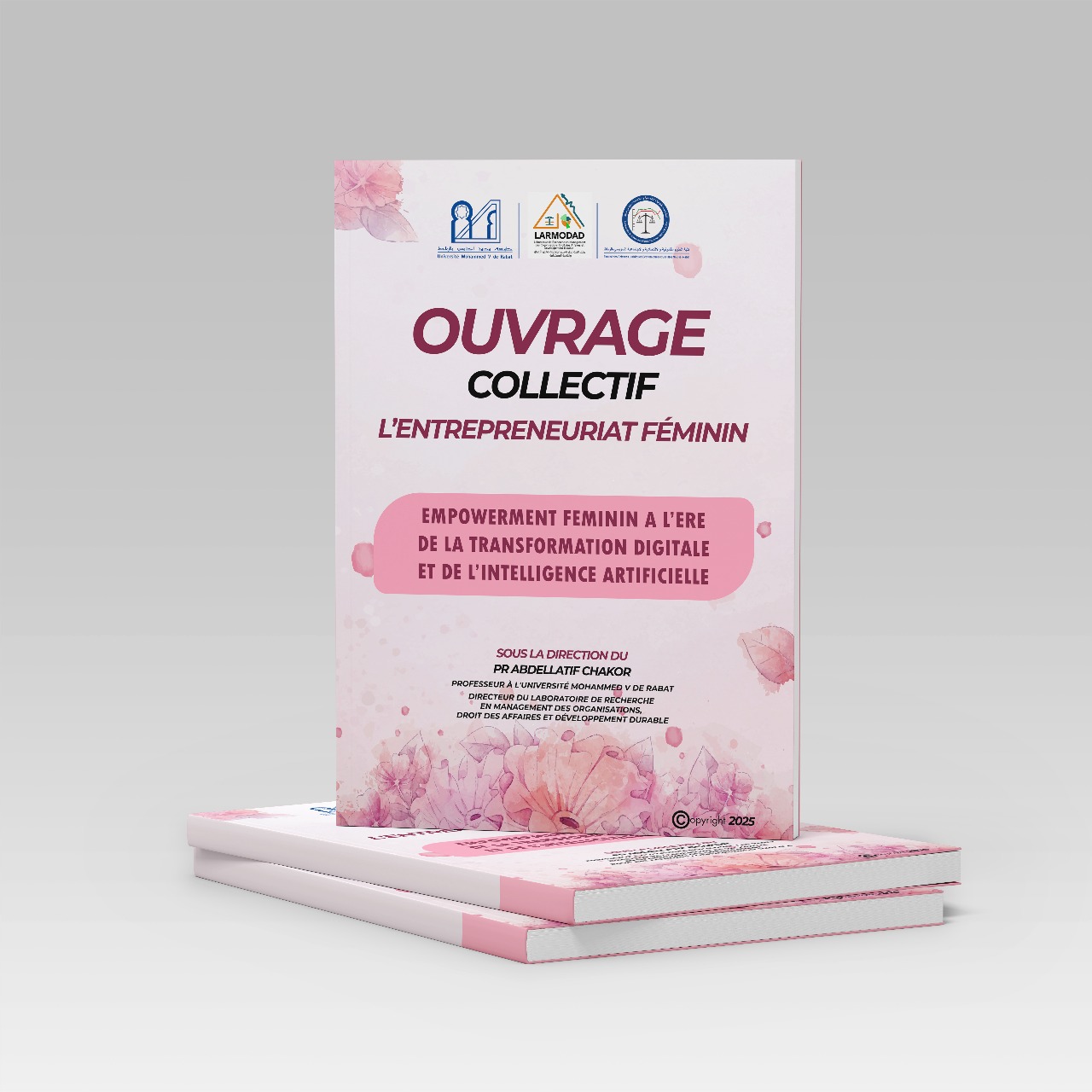ARTIFICIAL INTELLIGENCE AND DIGITIZATION? PROMOTING WOMEN'S SOCIAL ENTREPRENEURSHIP AND SUSTAINABLE TRANSFORMATIONS IN CACTUS COOPERATIVES IN RHAMNA PROVINCE, MOROCCO
Mots-clés :
ARTIFICIAL INTELLIGENCE , DIGITALIZATION , RURAL COOPERATIVES, WOMEN’S SOCIAL ENTREPRENEURSHIP, SUSTAINABLE DEVELOPMENT, INTELLIGENCE ARTIFICIELLE , NUMERISATION, COOPERATIVES RURALES, ENTREPRENEURIAT SOCIAL FEMININ, DEVELOPPEMENT DURABLERésumé
In a global context where digitalization and artificial intelligence (AI) are redefining economic and social dynamics, their application to rural cooperatives is essential. This study examines how AI and digital technologies can transform cactus cooperatives in Rhamna, Morocco, into drivers of sustainable development while strengthening women’s social entrepreneurship. The key variables include operational efficiency, market competitiveness, resource management, and women’s empowerment. The methodology involves a preliminary survey, semi-structured interviews with key stakeholders, and a quantitative analysis of cooperative performance. The results show that AI optimizes production, reduces costs, and increases productivity, while digitalization enhances market access and competitiveness. These technologies also promote better resource management and create new opportunities for women, improving their socio-economic status. The study underscores the need to support the adoption of AI and digitalization in cooperatives to promote sustainability, competitiveness, and inclusive entrepreneurship. The recommendations focus on specialized training for women and the development of digital infrastructure
Dans un contexte mondial où la numérisation et l'intelligence artificielle (IA) redéfinissent les dynamiques économiques et sociales, leur application aux coopératives rurales est essentielle. Cette étude examine comment l'IA et les technologies numériques peuvent transformer les coopératives de cactus à Rhamna, au Maroc, en moteurs de développement durable tout en renforçant l'entrepreneuriat social féminin. Les variables clés incluent l'efficacité opérationnelle, la compétitivité sur le marché, la gestion des ressources et l'autonomisation des femmes. La méthodologie comprend une enquête préliminaire, des entretiens semi-directifs avec des parties prenantes clés, et une analyse quantitative des performances des coopératives. Les résultats montrent que l'IA optimise la production, réduit les coûts et augmente la productivité, tandis que la numérisation améliore l'accès aux marchés et la compétitivité. Ces technologies favorisent également une meilleure gestion des ressources et créent de nouvelles opportunités pour les femmes, améliorant leur statut socio-économique. L'étude appuie la nécessité de soutenir l'adoption de l'IA et de la numérisation dans les coopératives pour encourager la durabilité, la compétitivité et un entrepreneuriat inclusif. Les recommandations portent sur des formations spécialisées pour les femmes et le développement d'infrastructures numériques.





